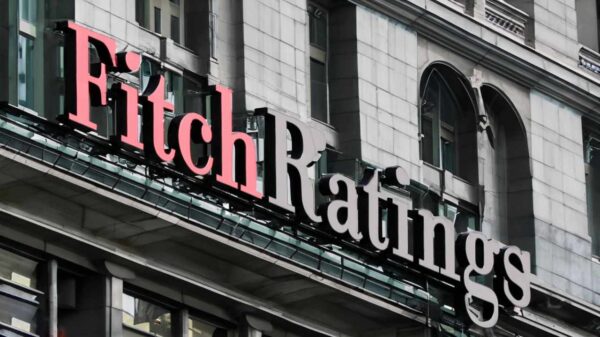Nigeria’s local debt is projected to amount to about N43 trillion naira in 2022. This was stated by Agusto & Co, research, credit ratings and credit risk management firm in its economic outlook for the year 2022 titled, “Nigeria in 2022,” as it projects growth for the economy and possible means to achieving the expected growth.
According to the report, the local currency borrowing will increase to about N43 trillion which is about 860% of government revenue compared to a median of about 200% for the central governments of key economies in sub-Saharan Africa while the foreign currency borrowing would expectedly hit N2.1 trillion.
This means that during the year, the federal government is expected to borrow N5 billion, adding to the country’s current N38 billion debt.
The report states, “Our most aggressive estimate of FGN revenue in 2022 is about N5 trillion. This means the FGN will need to borrow about N8 trillion in order to finance aggregate spending of N13 trillion. We estimate that the FGN will borrow about $5 billion in foreign currency (FCY) in 2022 (N2.1 trillion) and the rest will be local currency (LCY) borrowings. This will increase FCY borrowings to about US$44 billion and LCY borrowings to about ₦43 trillion.”
What the report is saying
- The cash from all sources – her share of the federation account, her independent revenue, Naira borrowings from the markets, Naira borrowings from the CBN, and FCY borrowings will add up to about N13 trillion in 2022 compared to FGN’s planned spending of N17 trillion.
- FGN spending, as in prior years, will be constrained by the total amount of cash it can muster from these sources. Therefore, the FGN will meet most of her obligatory spending (interest on her loans, statutory transfers and payroll & pensions) amounting to about N10 trillion leaving a balance of about N3 trillion.
- The bulk or about N2.1 trillion of the remaining cash will be allocated to capital expenditure. However, this sum plus another N1.0 trillion that the States will spend would be about 1.6% of nominal GDP which is unlikely to stimulate significant economic growth.
What you should know
Nairametrics reported a month ago that Nigeria’s Public Debt rose to N38 trillion as of September 30th, 2021, N5 trillion up 15% from the N32.9 trillion reported in December 2020, representing the highest debt profile ever recorded dating back to 2010 when the data was being collated.
This shows that country has added N9.3 trillion to its public debt profile since the start of this decade in 2020 which is just two years an average of N4.5 trillion annually. This compares to the N2.2 trillion yearly average in the decade ending December 2019.
FOR MORE INFORMATION VISIT: https://ksbcjournal.com/
























































You must be logged in to post a comment Login